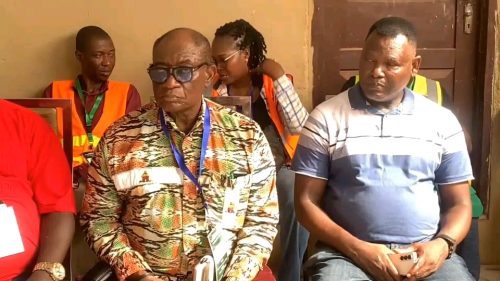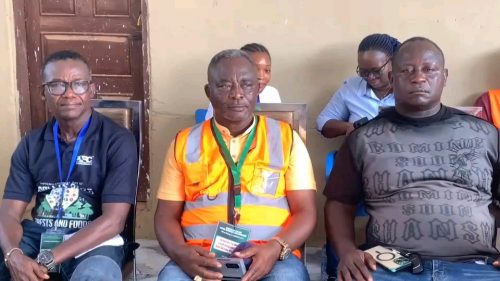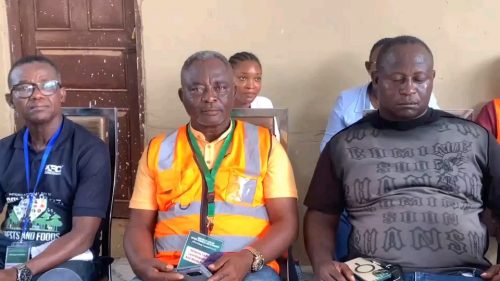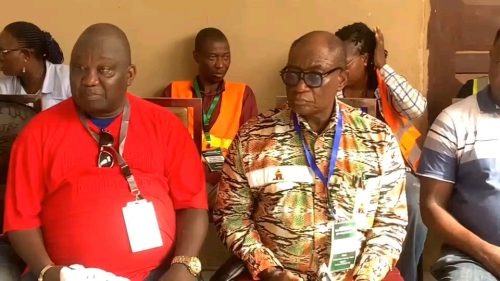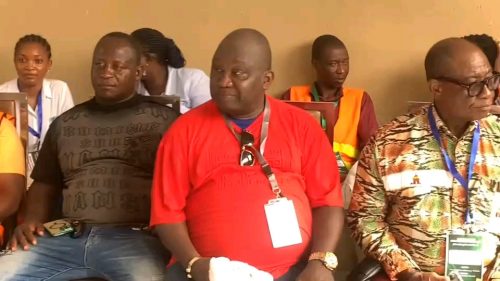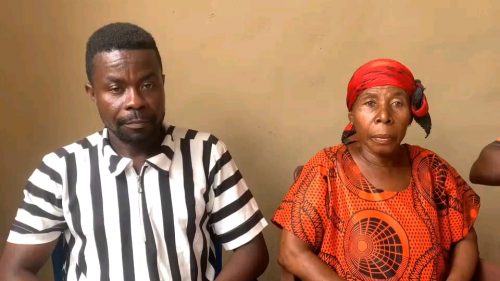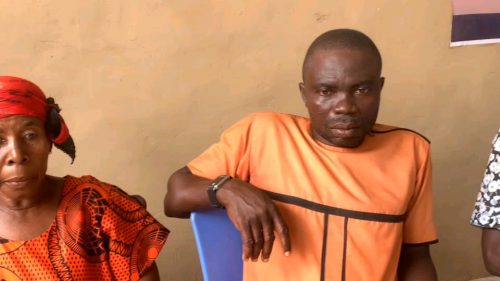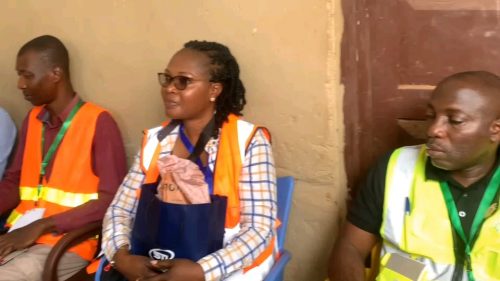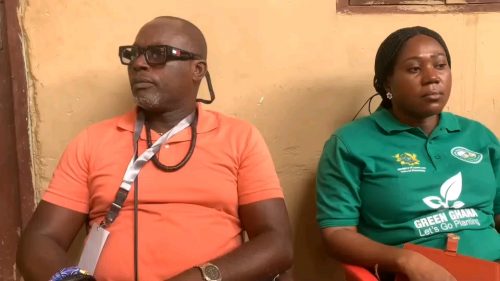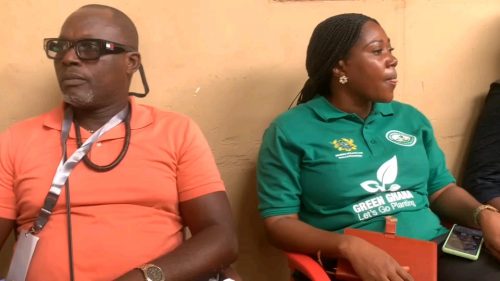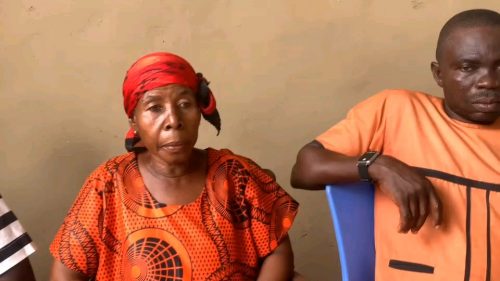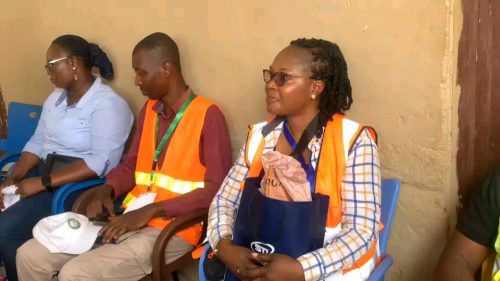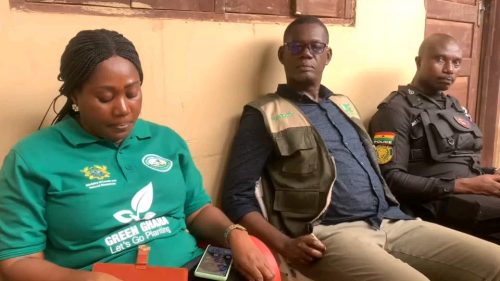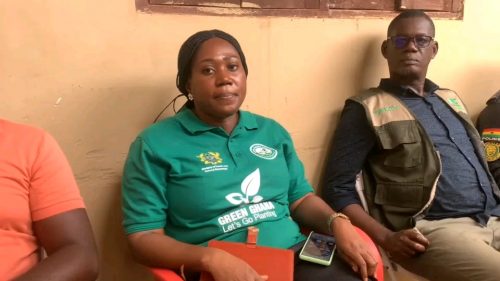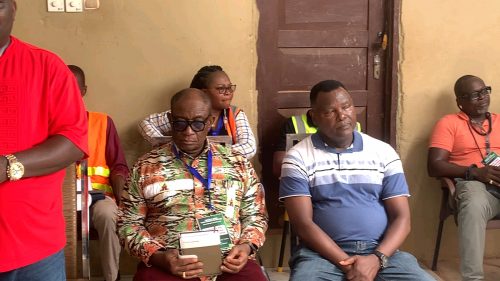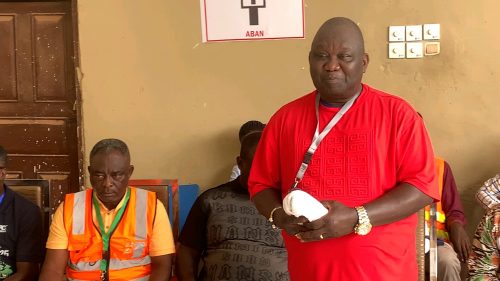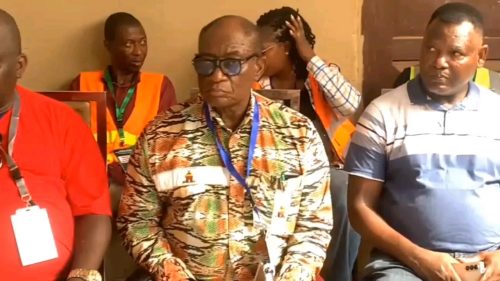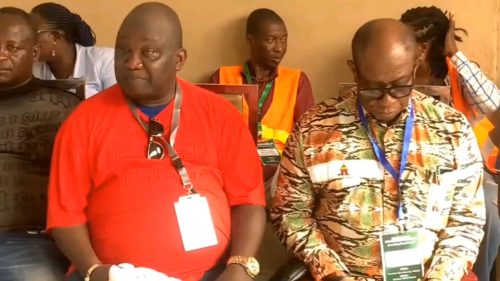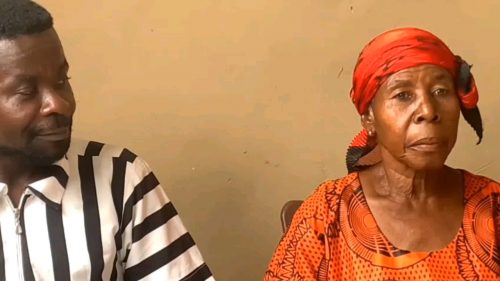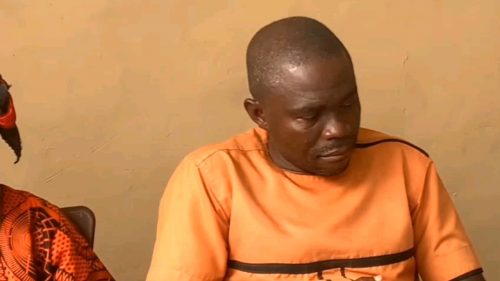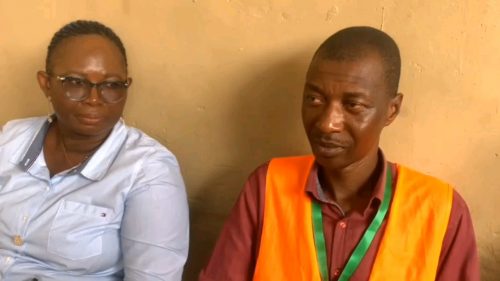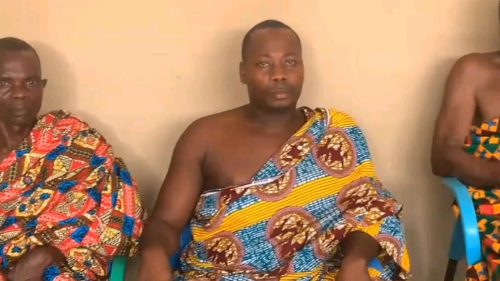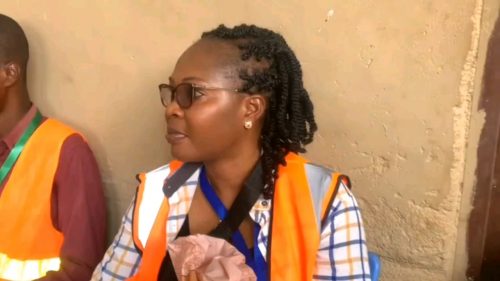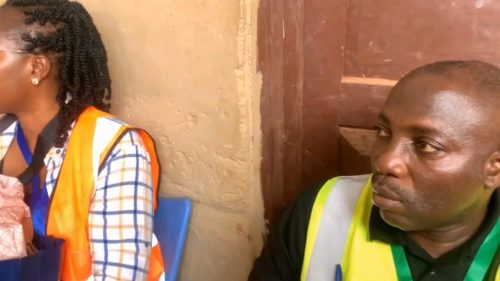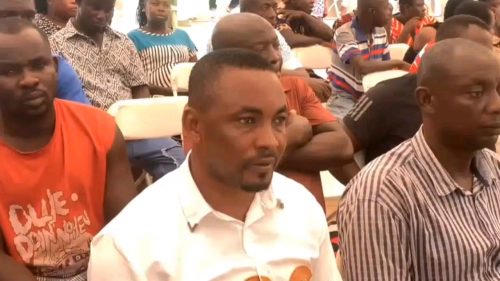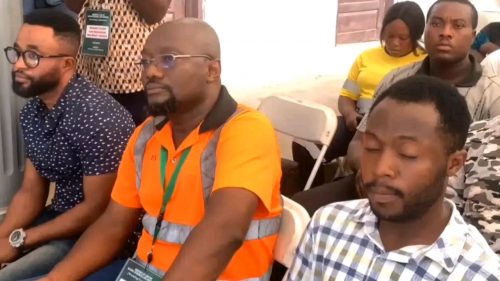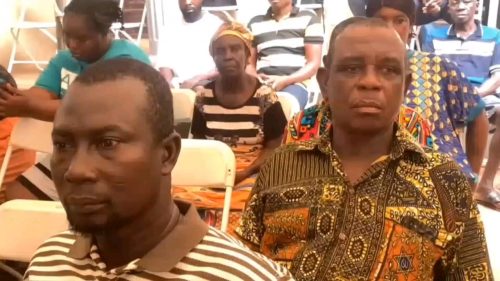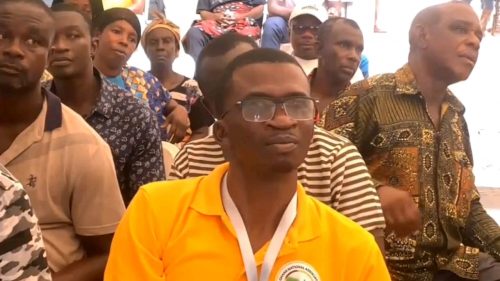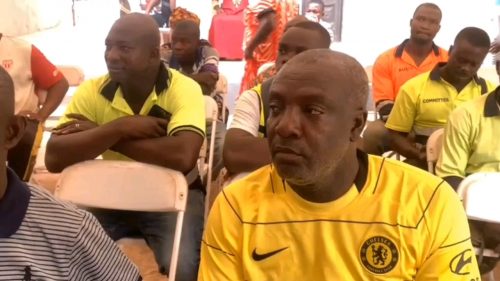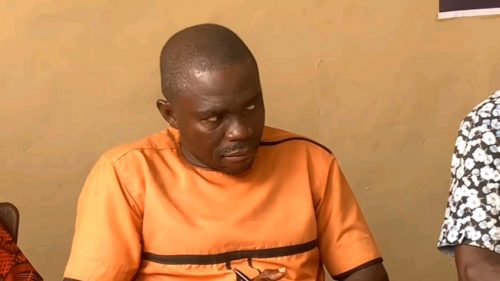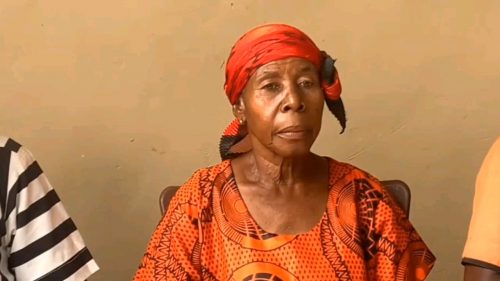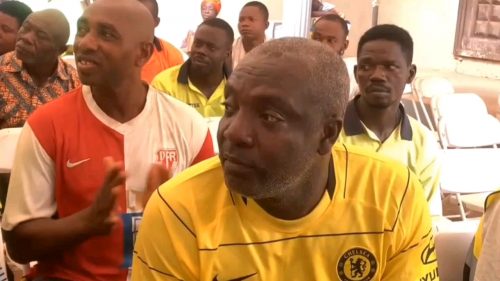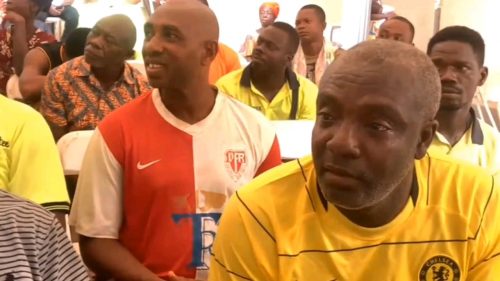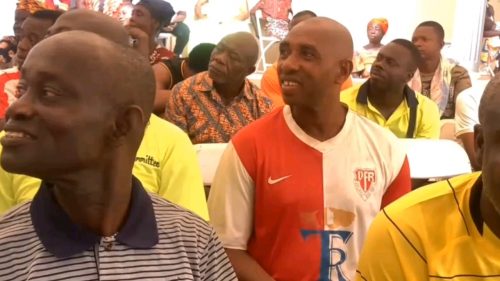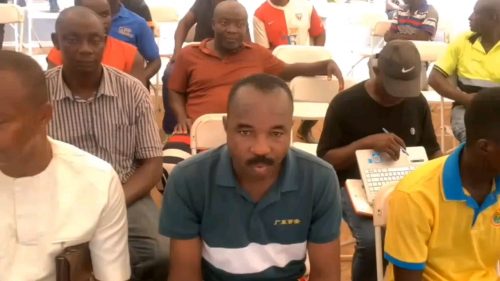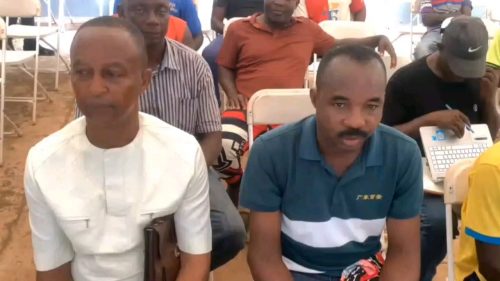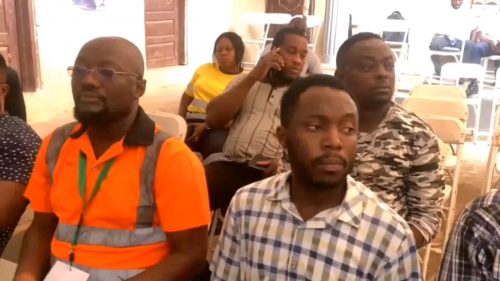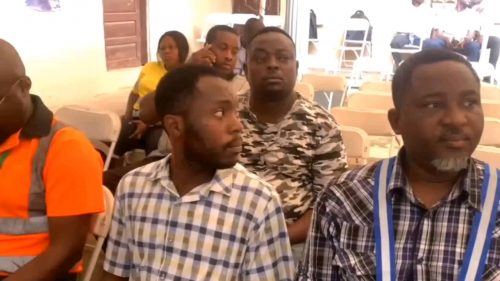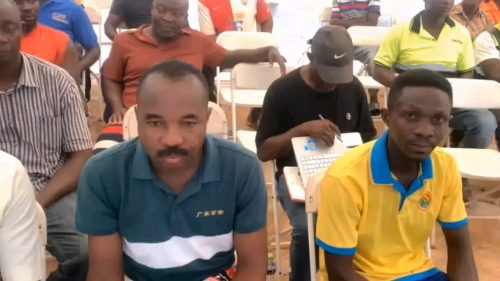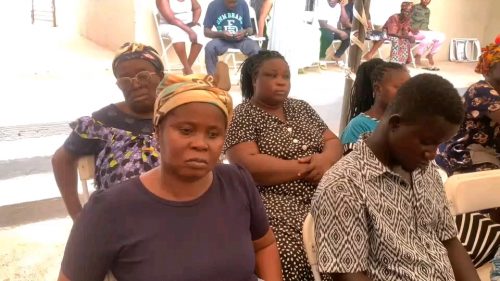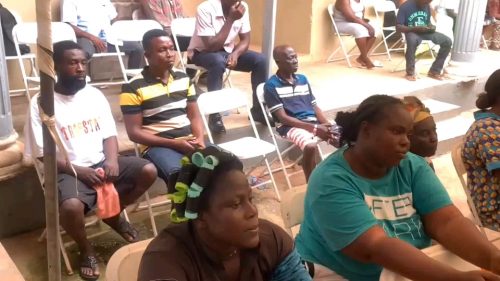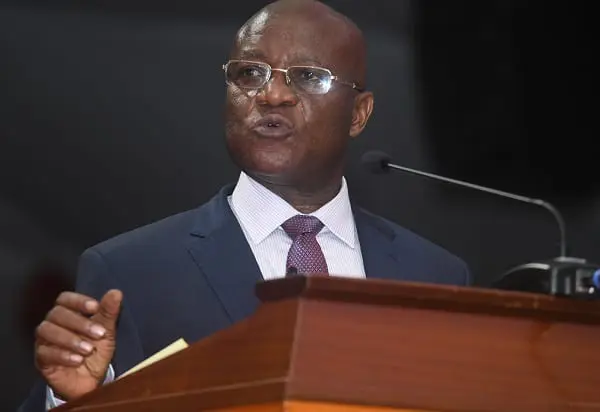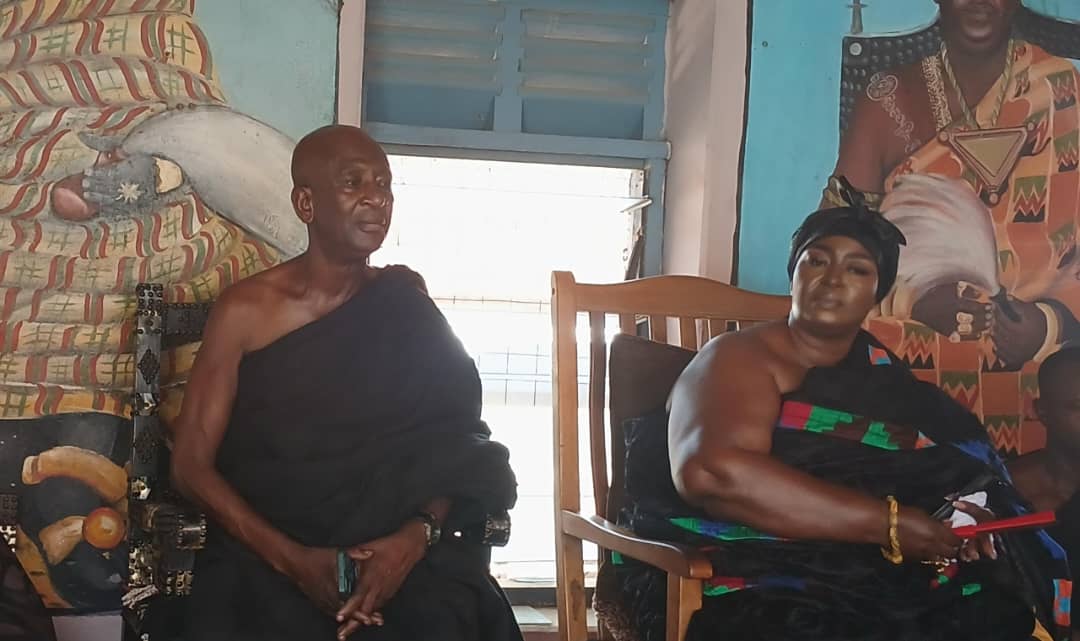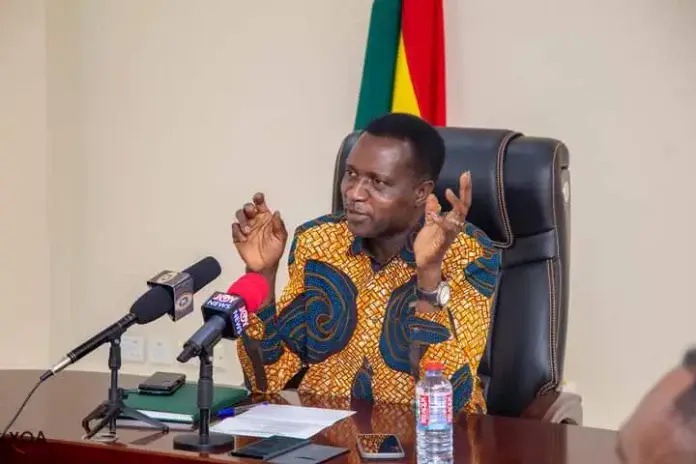Mining Reform Committee Storms Amansie Central as Nationwide Consultation Begins
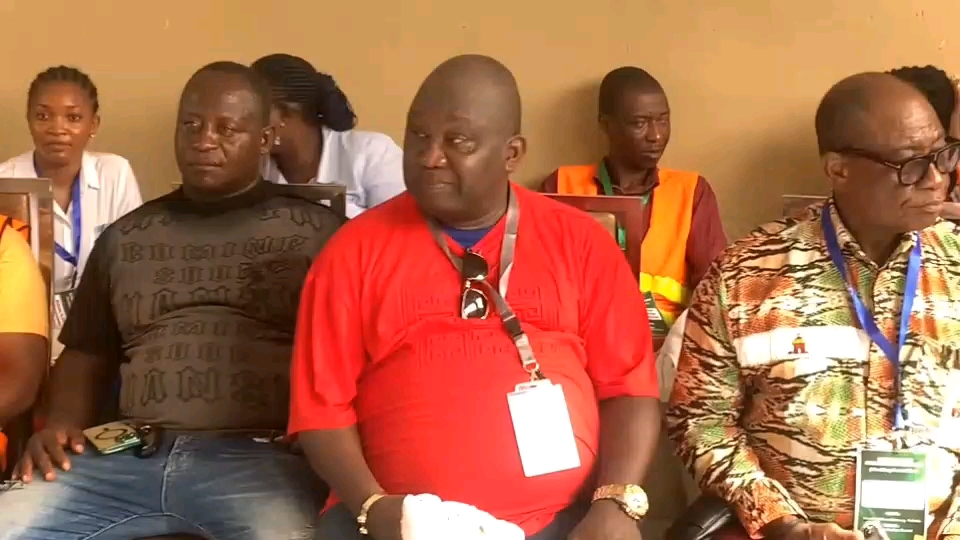
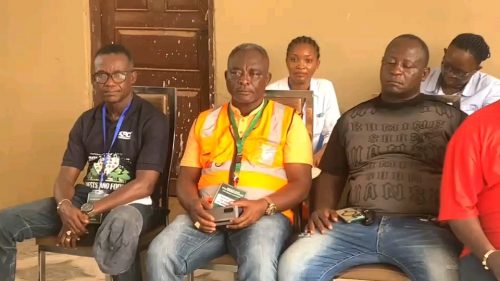
The 18-member committee tasked with developing a comprehensive plan to sanitize Ghana’s mining sector has begun nationwide consultations, starting with a high-level stakeholder engagement at Akatakyieso in the Amansie Central District of the Ashanti Region.
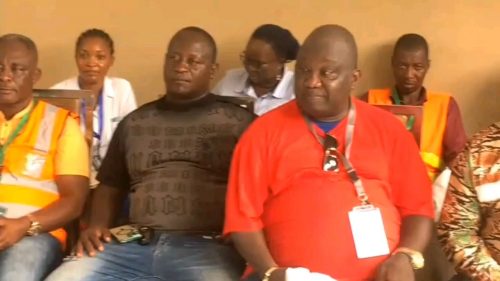
The committee, chaired by Professor Martin Oteng Ababio of the University of Ghana, is expected to deliver a strategic blueprint within a few weeks that will guide reforms in the mining sector and address the growing menace of illegal mining.
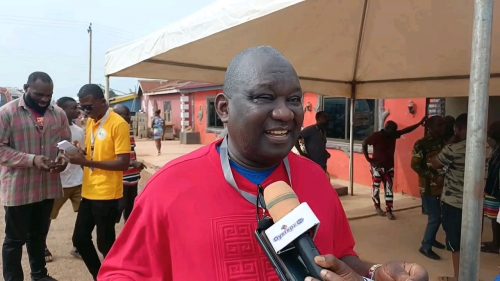
Speaking at the stakeholder meeting, Prof. Oteng Ababio emphasized the committee’s commitment to promoting responsible and community-centered mining practices.“We are proposing that access to mining permits be decentralized and handled at the district level, with DISEC monitoring teams overseeing operations to ensure accountability and transparency,” he explained.
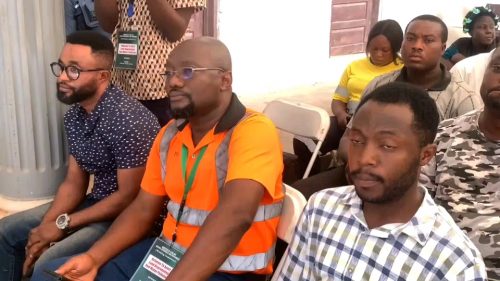
He added that placing permit approval and monitoring in the hands of local authorities will empower communities, reduce illegal activities, and ensure swift enforcement of mining regulations.
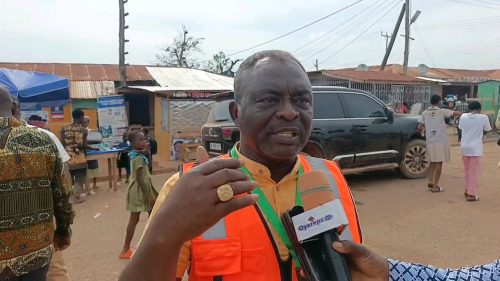
Mr. Sampson Kofi Wiredu, the National Vice Chairman of the Ghana National Association of Small Scale Miners, pledged the association’s unwavering support to the government’s reform agenda.“We are committed to supporting the government to ensure responsible mining in the country,” Mr. Wiredu assured, noting that the association has already taken steps to sensitize its members on best practices.
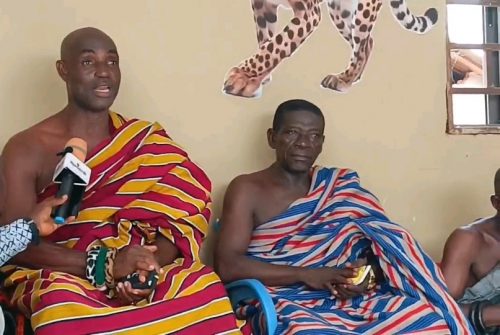
The traditional leadership of Akatakyieso welcomed the move with enthusiasm. Nana Nyarko Nuamah, Chief of the community, commended the government for engaging chiefs in the fight against illegal mining.“The involvement of traditional leaders will yield a positive impact on the fight against illegal mining,” he said, urging the committee to ensure chiefs are given clear roles and responsibilities in the reform process.
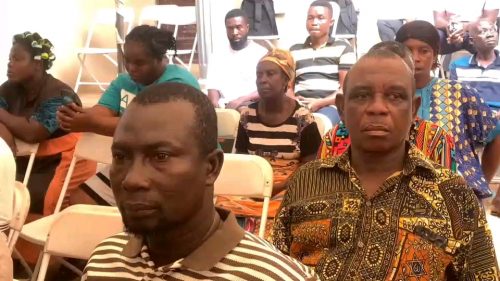
The engagement in Amansie Central is one of many planned across the country as the committee gathers views from stakeholders to shape a national strategy that promotes sustainable and environmentally friendly mining.
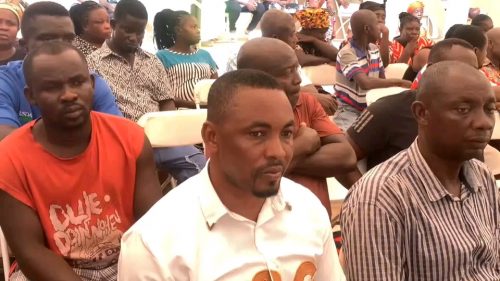
The government’s decision to set up the committee comes on the back of persistent concerns over the environmental degradation, loss of livelihoods, and social unrest caused by unregulated mining activities—particularly in the small-scale mining sub-sector.
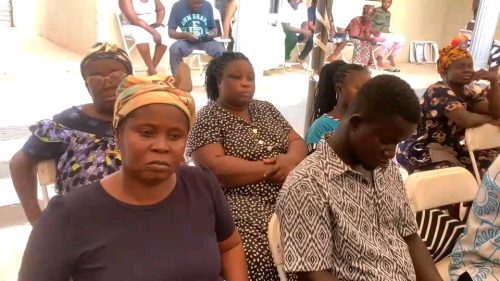
The committee is expected to present its final report to the government with recommendations aimed at reforming mining operations, empowering local authorities, and restoring Ghana’s degraded lands.
